
Sunday with Eden | Jun 21,2025
Declining donor funds and a global squeeze have created a condom shortage in Ethiopia. While needing 250 million condoms annually, the country manages to supply less than half. The result is a decline in giveaways – universities, restaurants, and public spaces rarely receive them anymore, finds BERSABEH GEBRE, FORTUNE STAFF WRITER.
Behind a nondescript facade in Addis Abeba lies a hidden drop-in centre. Among the young women who shuffle to the front desk is a 25-year-old sex worker (name withheld), entering in her pyjamas, remnants of makeup clinging to her face. Every night, she joins 19 others at the centre. It is a haven after long, cold hours spent waiting for clients on the street.
They take showers and meals every day and get free tests for sexually transmitted infections (STIs) regularly. But the lifeline offered at the drop-in centre is condoms. The bi-weekly allotment of eight packets from PSI Ethiopia helps them stretch their earnings. However, there is a supply gap.
"There is a massive shortage," said the woman.
She came to Addis Abeba four years ago. She claims that some clients, unwilling to pay more, gamble with their health, opting for unprotected sex. But the former waitress, driven to sex work by financial hardship, believes condoms are a matter of life and death.
"Half my income went to buying condoms last month," she recalls. Meanwhile, her dreams of housekeeping jobs in the Middle East fade with each Birr spent on overpriced hotel condoms.
International donor funds for HIV/AIDS prevention have shrunk despite rising infection rates in Ethiopia. Combined with a global funding squeeze, this has shattered the country's condom supply. This gap is filled by a combination of government agencies such as Ethiopian Pharmaceutical Supply Services (EPSS), non-governmental organisations like DKT International, and private importers. However, out of the annual 250 million condom demand they managed to cover about 100 million. The result is a decline in free giveaways – universities, restaurants, and public spaces rarely see them anymore.
Health centres also limited free giveaways to three packs a person, with a pack consisting of three pieces. Addis Abeba City Health Bureau distributed eight million condoms in the first nine months, to 120 institutions. About 98 are health centres while the remaining are hospitals and wereda youth centres.
Officials pin the giveaway limits on abuse. Seyfe Demisse, head of pharmaceutical supply services at the Bureau, said the cap on the number of pieces an individual could take as necessary.
"People were selling the condoms they got for free," Seyfe told Fortune.
District health centre managers paint a different picture. Fikadu Worku, manager of a health centre in Addis Ketema District, said they heavily rely on donors, as government supplies fall far short. His centre received 5,040 packs from EPSS in the last nine months against a request of 14,000, while donors provided 32,170 in the same period. Fikadu suspects some might be reselling giveaways, prompting the restriction to ensure wider access.
"Gone are the days of grabbing a handful," he said.
However, officials at the Ministry of Health present another perspective. They acknowledge complications in the procurement process due to a supply shock following the Covid-19 pandemic.
Abnet Assefa, head of HIV prevention & control at the Ministry, cites a supply shock has shifted focus to targeted protection for high-risk groups such as adolescent girls, sex workers, and labourers, due to declining global funding.
"Distribution is expensive," Abnet said, "We have to prioritise strategically."
However, this targeted approach leaves universities in the lurch. For two years, the clinic at Addis Abeba Science & Technology University has not received any supplies, despite serving nearly 6,500 students. Wondifraw Seyfe, public health officer at the University, observes ascending cases of sexually transmitted infections (STIs) and unwanted pregnancies.
"Every week, I turn away at least five students needing condoms," Wondifraw told Fortune.
Condom use has been instrumental in slashing new HIV infections by 59pc since 2010. The annual countdown has elevated to around 8,000 this year. With over half a million people living with HIV and high infection rates in Addis Abeba and Gambela areas, the country relies heavily on foreign donors for a steady supply of testing kits, anti-retroviral drugs, and emergency contraception pills. This dependence creates vulnerabilities when donor funding fluctuates.
Fikadu Yadeta, lead executive of HIV control at the Ministry, stressed the need for a national prevalence survey, as the last one was eight years ago.
"Increased testing is crucial to identify those unknowingly infected," Fikadu said.
Fikadu disclosed plans to increase government-imported condoms in the coming years. However, he suggests alternative solutions for institutions like universities and hotels. He recommends purchasing condoms at discounted rates from organisations like DKT, freeing up the limited supply for those who need it most.
The lack of access extends beyond disease prevention. The Ministry of Health does not prioritise condoms for family planning.
Alemayehu Hunduba (PhD), a lead executive for mothers, children & infants at the Ministry, said they do not advocate condom use for family planning. He acknowledges the shortage and recommends them only as a supplementary contraceptive tool.
"A short window of applicability bounds them," Alemayehu told Fortune.
For Anteneh Eshetu (MD), a specialist in infectious diseases at Black Lion Referral Hospital, the long-term cost-effectiveness of prevention is overlooked. He argues that failing to invest in condom availability now will overwhelm the healthcare system with STIs and unplanned pregnancy cases.
He recommends ensuring affordable condom supply and receiving public awareness campaigns on the dangers of unprotected sex and the benefits of proper condom use.
"Individuals should make informed choices," he said.
Retail prices across the country add another layer of complexity. Mesfin Bekele, a pharmacist, receives a pack of condoms from wholesalers at 44 Br. His pharmacy adds a 10pc markup on the already inflated wholesale price, further increasing the burden on customers, who are predominantly male.
Price regulation is put forth as an alternative by suppliers.
DKT Ethiopia has adjusted its strategy. Previously offering free condoms, they now sell them at a subsidised price (12 Br) – lower than pharmacy prices (around 60 Br). Dawar Waraich, country director, sees price regulation as crucial to address this disparity.
The organisation has increased its import forecast to 50 million packs at the government's request and plans to expand its distribution network, particularly targeting women. Dawar observes difficulties from lengthy inspections and customs delays. While local production is an option, Dawar believes major investment is needed to compete with mass producers like Malaysia and Thailand.
"The government should set price ceiling," he told Fortune.
Although a leading condom supplier for 30 years focusing on birth control methods, DKT is not alone in the fight against HIV.
PSI Ethiopia, another key player, notes a surge in demand for condoms and testing kits. Backed by USAID imports, PSI distributed 7.6 million condoms in 2023 and 2.4 million this year, primarily through their drop-in centres. Yonatan Tamiru, a communications specialist, suggests investigating the cause, hinting at a possibly increased migration.
"Conflict-related displacement is another issue," he said.
For the sole state-owned supplier, low-quality imports and slow deliveries plague its 40pc coverage.
Solomon Nigussie, deputy head of EPSS, reveals a concerning quality issue. He reports that a quarter of condoms slated for import last year failed to meet standards, lacking sufficient strength and experiencing delays between order and delivery.
"We are still relying on last year's imports," he told Fortune.
While EPSS has secured 55.8 million condoms for 2024, with a portion arriving this week, the 68 million distributed to health centres so far come from the previous year's procurement.
"We are prioritising durability," said Solomon.
Quality has become another impediment. The Ethiopian Food & Drug Authority (EFDA) paints a grim picture. In just nine months, the Authority identified 33 out of 198 inspected batches (a batch consisting of 1,444 pieces) as substandard. Inspection delays due to high import volumes that do not match the Authority's human capacity further hinder accessibility.
Kaleab Tesfaye, lead executive of medical equipment and quality control, reports a sharp decline in condom quality this year. Rigorous testing (length, volume, pressure, integrity) has resulted in a large portion being destroyed or returned to suppliers.
He says: "It's the worst in seven years."
Ethiopia's fight against HIV/AIDS and unwanted pregnancies is far from over. For the targeted population and burgeoning generation, ensuring a healthier future should not be a gamble but a public concern.
PUBLISHED ON
May 20,2024 [ VOL
25 , NO
1255]

Sunday with Eden | Jun 21,2025
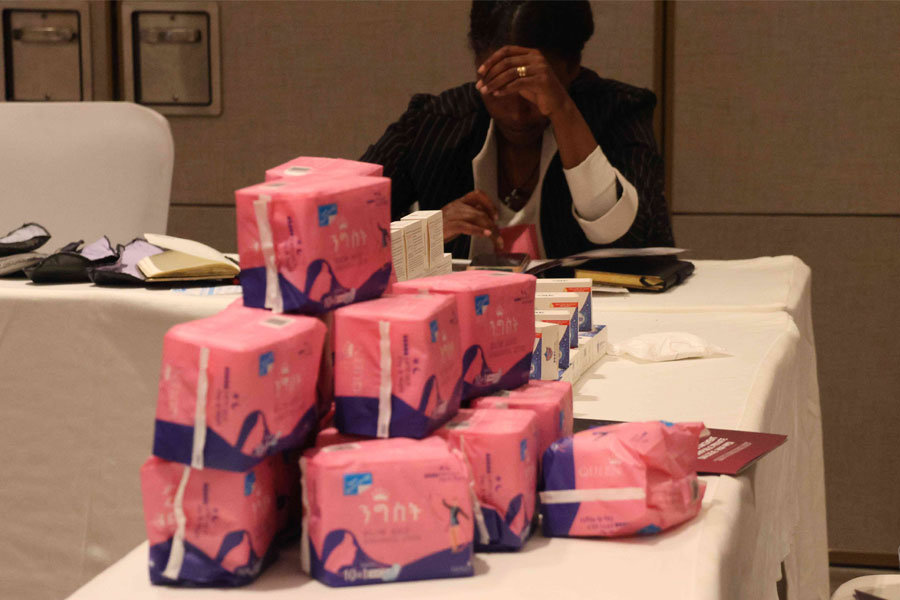
Agenda | Jun 08,2025
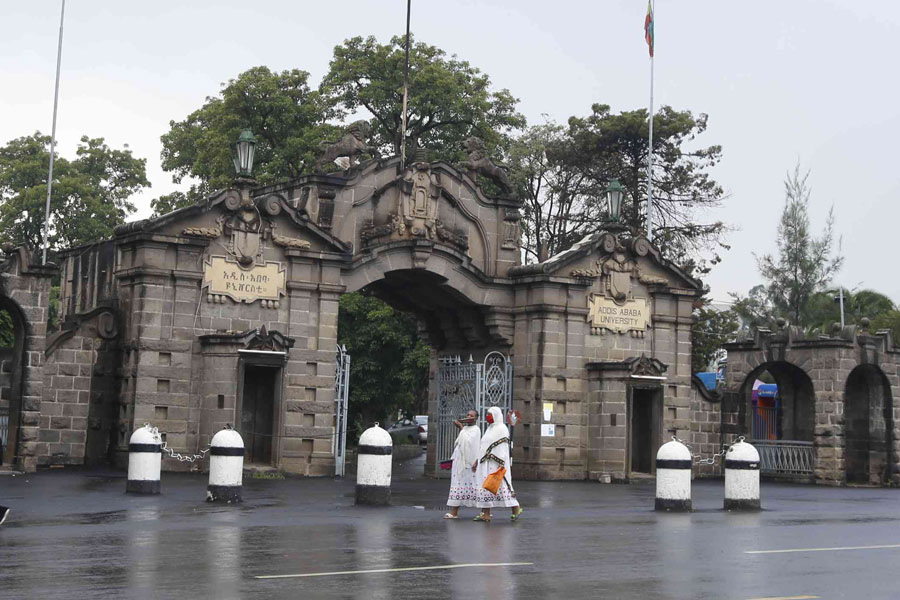
Agenda | Oct 06,2024
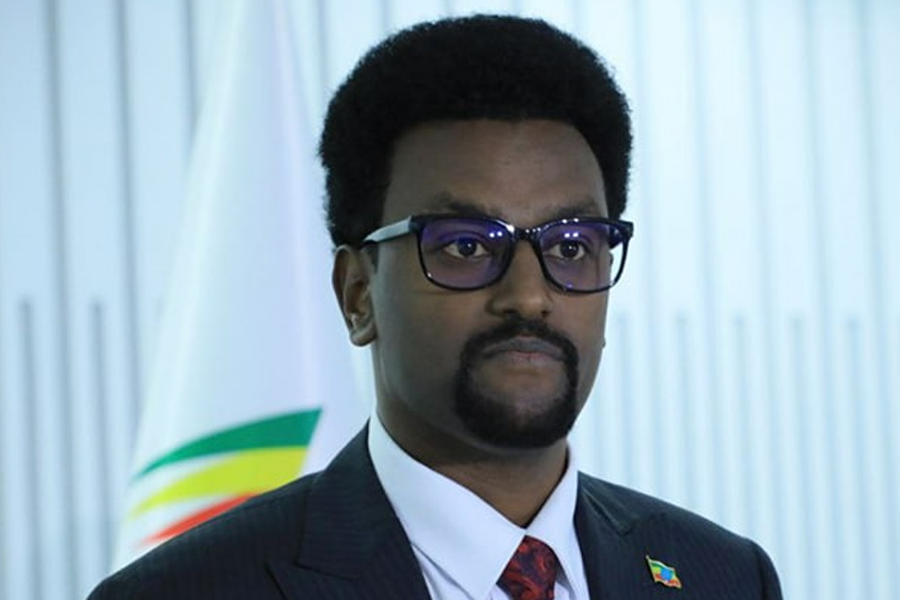
Radar | Oct 27,2024
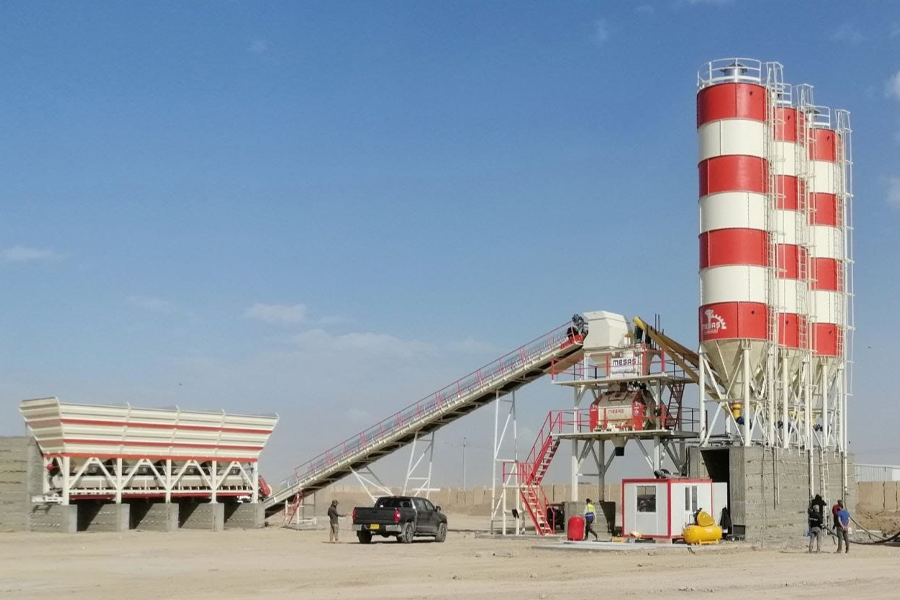
Radar | Nov 03,2024

My Opinion | Jul 17,2022
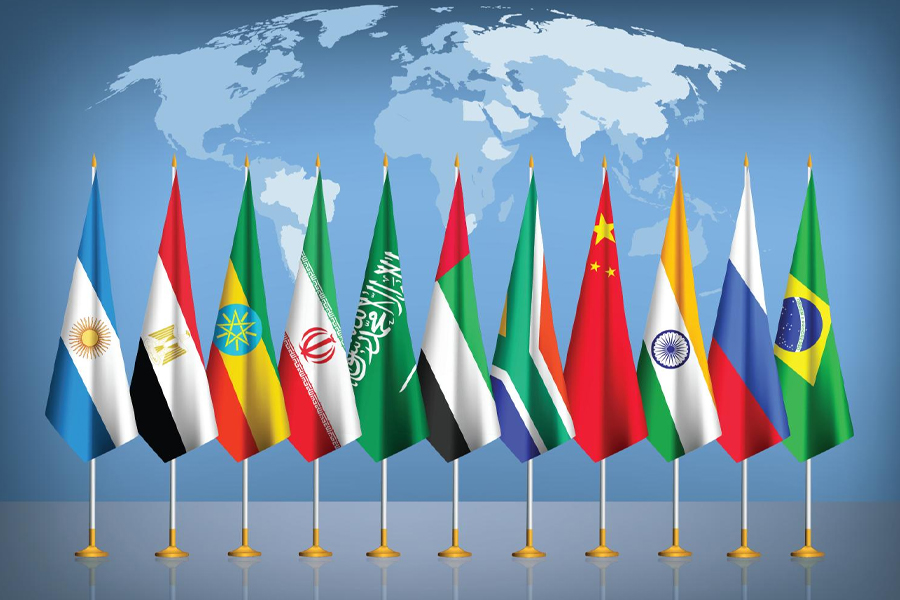
Viewpoints | Oct 20,2024
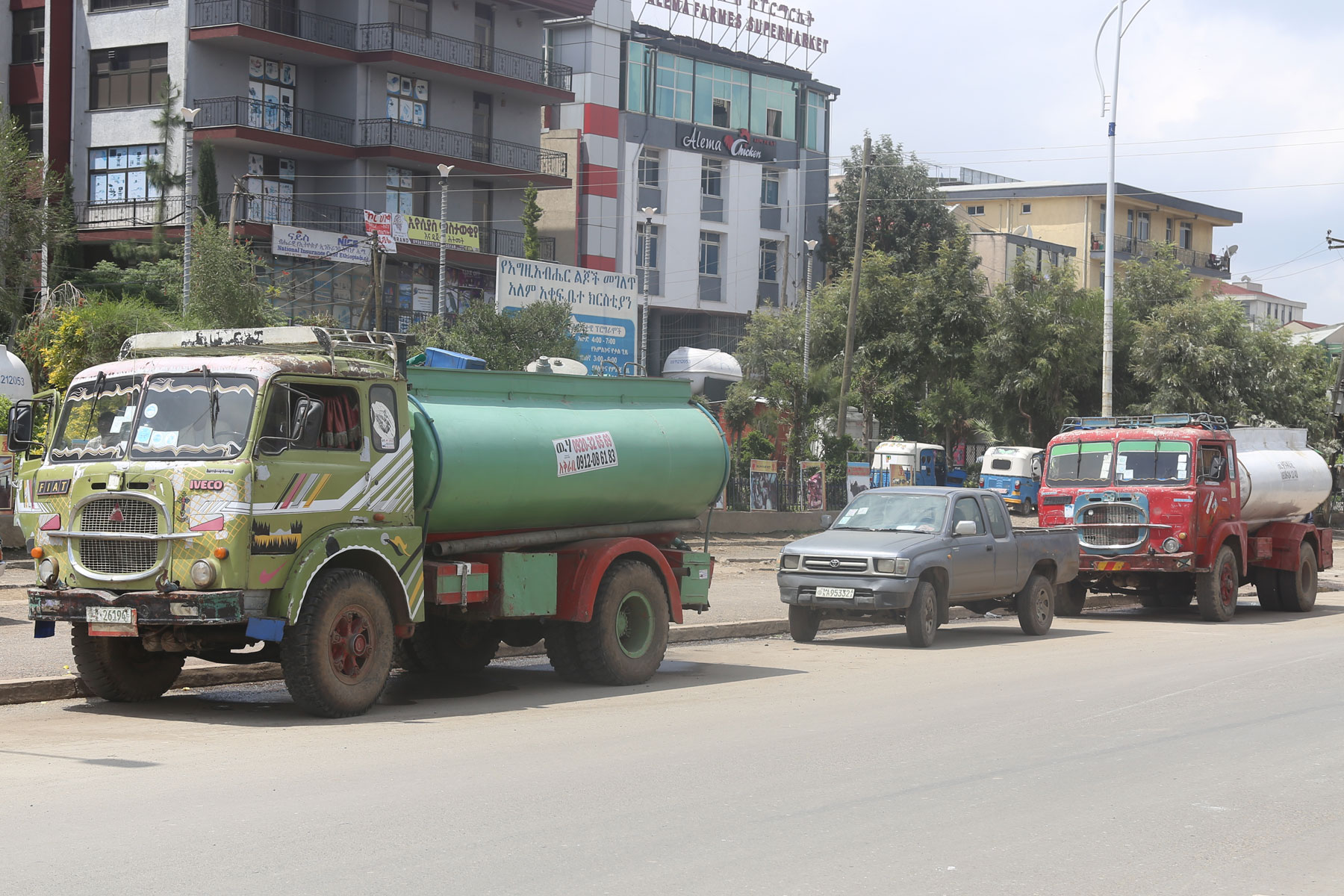
Fortune News | Apr 28,2024

Sunday with Eden | Sep 10,2022
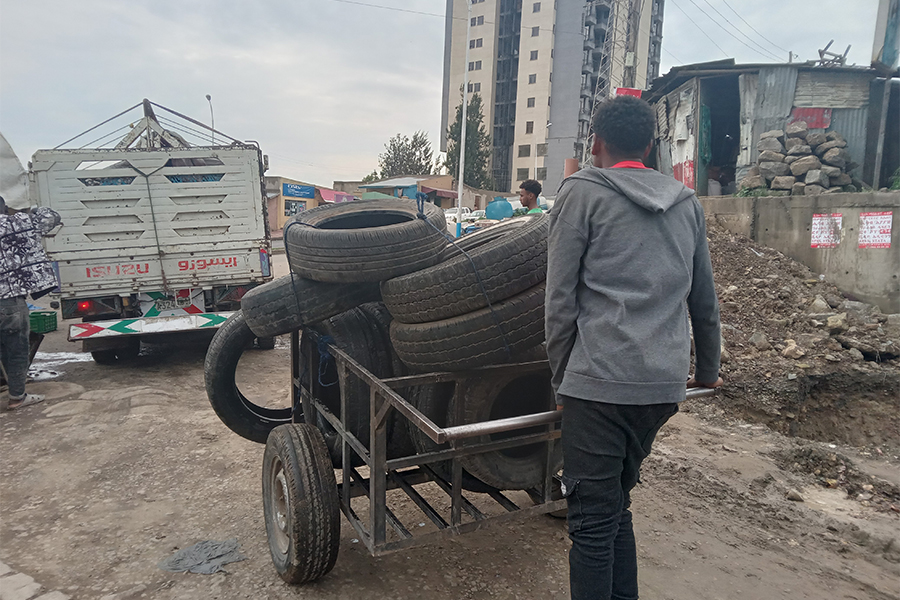
In-Picture | Jun 22,2024

Dec 22 , 2024 . By TIZITA SHEWAFERAW
Charged with transforming colossal state-owned enterprises into modern and competitiv...

Aug 18 , 2024 . By AKSAH ITALO
Although predictable Yonas Zerihun's job in the ride-hailing service is not immune to...

Jul 28 , 2024 . By TIZITA SHEWAFERAW
Unhabitual, perhaps too many, Samuel Gebreyohannes, 38, used to occasionally enjoy a couple of beers at breakfast. However, he recently swit...

Jul 13 , 2024 . By AKSAH ITALO
Investors who rely on tractors, trucks, and field vehicles for commuting, transporting commodities, and f...

Jul 5 , 2025
Six years ago, Ethiopia was the darling of international liberal commentators. A year...

Jun 28 , 2025
Meseret Damtie, the assertive auditor general, has never been shy about naming names...

Jun 21 , 2025
A well-worn adage says, “Budget is not destiny, but it is direction.” Examining t...

Jun 14 , 2025
Yet again, the Horn of Africa is bracing for trouble. A region already frayed by wars...